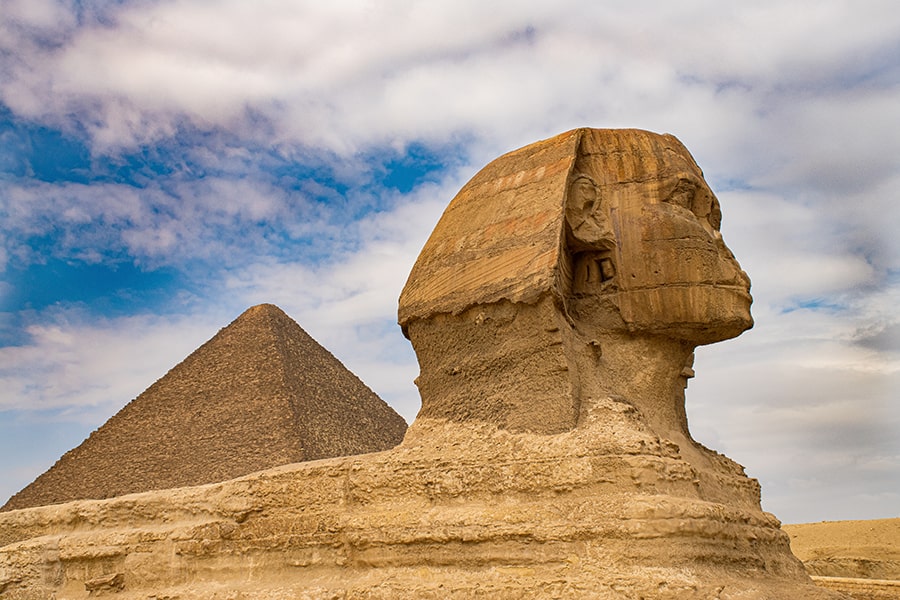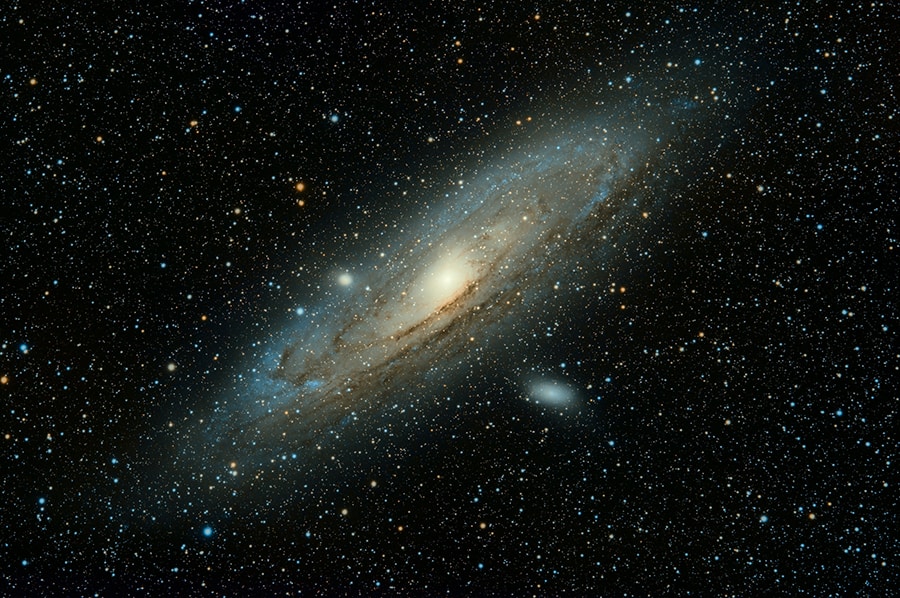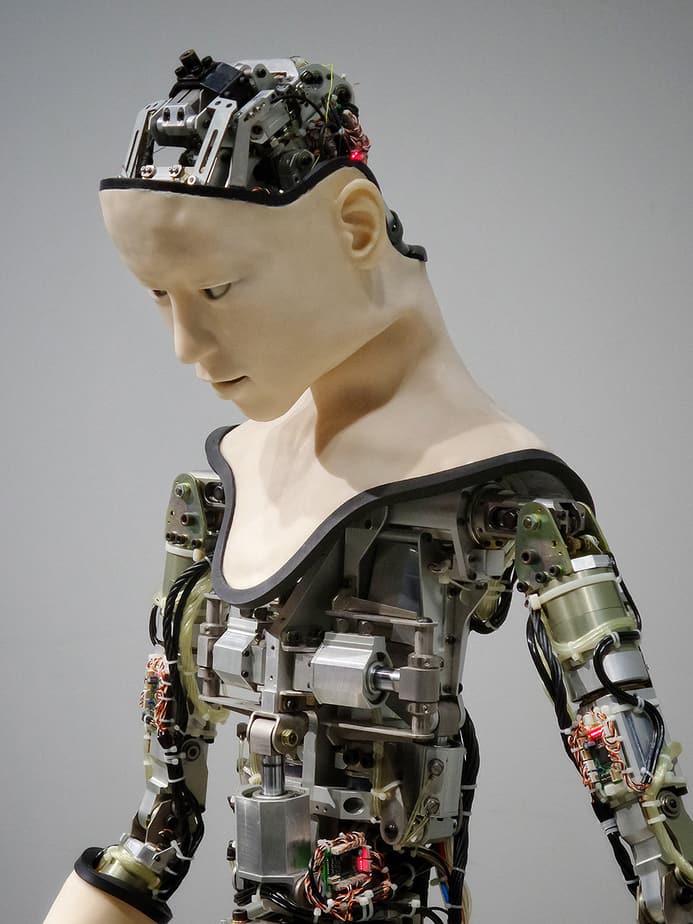I always hear people stressing the importance of leaving a legacy after death. But this idea can be dangerous, and it doesn’t make sense.
In this article, I’m gonna tell you why I’m not on board with the whole “legacy after death at all costs” mindset. Now, don’t get me wrong, I’m not trying to rain on anyone’s parade. I just wanna crack open a fresh perspective that allows you to live life to the fullest.
Leaving a legacy after death
In our world, there’s this constant chatter about leaving a lasting legacy that people will remember. They say you should create a legacy so that when a certain topic comes up, you’re the first person they think of. This sweet-sounding notion drives you to do some pretty wild things:
- Slaving away at things you hate for years on end
- Living life in disguise, pretending to be someone you’re not
- Pushing your loved ones away
- Ignoring the things that truly make you happy
- Trying to impress people you can’t stand, even at the cost of your own well-being
Marcus Aurelius on leaving behind a legacy
“People who are excited by posthumous fame forget that the people who remember them will soon die too. And those after them in turn. Until their memory, passed from one to another like a candle flame, gutters and goes out.”
This is a quote by Marcus Aurelius, a unique and very smart man. He was a beloved Roman emperor who ruled nearly 2,000 years ago. Given his position in society, it’s astonishing how well he understood our transient place in the Universe.
You might argue that Marcus’ legacy lived on since I’m quoting him. But, I specifically searched for this kind of quote, and there are loads of similar ones out there. I chose Marcus’s version to make a point due to his supreme ruling position—most people tend to respect and listen to those in power. But if we look far enough into the future, even Marcus will be forgotten.
The human timeline put into perspective
According to PRB, nearly 109 billion modern Homo sapiens have lived on Earth.
Think about it: if you go back just 200 years from today, how many people can you name? I bet it’s only a few, compared to the billions who’ve walked the planet. Fast forward 30 years, and the number of modern Homo sapiens will soar to over 113 billion. That’s just more folks you’ll never know a thing about.
Ancient Egyptian Pharaohs

Let’s take a trip back some 3,300 years. Here’s a quick list of Pharaohs who once ruled Ancient Egypt:
- Ramesses II (1303 BC – 1213 BC)
- Amenhotep III (1391 BC – 1353 BC)
- Tutankhamun (1341 BC – 1323 BC)
- Xerxes I (519 – 465 BC)
- Akhenaten (around 1380 BC – 1334 BC)
I bet you recognize a couple of these names from history class or the movies. But, seriously, ask yourself:
- What do you really know about these pharaohs?
- Have you learned anything from them?
- Do they stir up any emotions in you?
Back in the day, these pharaohs were considered living gods. Each had a story to tell, and their followers hung on their every word. To put it in perspective, not even today’s social media influencers come close to that level of sway. And yet, they’re practically forgotten…
Roman Emperors
To crank it up a notch, let’s time-travel back 2,000 years to when Ancient Rome ruled the globe. Here’s a quick rundown of the greatest Roman emperors:
- Vespasian (November 9 AD – 23 June, 79 AD)
- Hadrian (January 76 AD – 10 July, 138 AD)
- Claudius (August 10 BC – 13 October, 54 AD)
- Tiberius (16 November, 42 BC – 16 March, 37 AD)
- Marcus Aurelius (April 121 AD – 17 March, 180 AD)
These men were the most powerful people of their time, and folks even thought they were gods. But with each passing decade, their memories fade even more.
The truth about your legacy
I’m gonna spill some unspoken truths about leaving a legacy after you die.
#1) The human condition
The real reason us humans want to leave something behind is two-fold.
Firstly, it seems like passing down information is an evolutionary instinct. Sharing knowledge with our children or tribe increases our species’ chances of survival.
On top of that, we’re social creatures. We’re constantly trying to figure out where we fit in, and most of what we do is to get noticed as a way to survive. Society defines what success looks like, and what it takes to leave a legacy worth remembering. By aiming for those heights, you’re subtly getting approval from your peers while you’re alive. It’s like a dopamine hit.
Secondly, it’s our way of dealing with our short lives. Death is a stark reminder that one day we’ll be gone. Leaving something behind gives us some comfort. It’s like saying, “I’ll still be here, even when I’m not.” To be honest, it’s the closest thing to immortality we’ve got.
#2) The reality of death
When you’re six feet under, you won’t know who remembers you. As far as we know, your consciousness will be gone.
So what’s the point in what you leave behind? Slapping your name on an achievement doesn’t really do anything for you once you’re gone.

Important Note: I know this is a touchy religious subject. I’m just discussing this topic based on our current scientific understanding.
#3) The passage of time
We only remember a handful of names among the billions who have lived and died throughout human history.
Most of these memorable folks lived less than 500 years ago, and they were the cream of the crop. Just to name a few:
- Isaac Newton (1643 – 1727)
- Wolfgang Amadeus Mozart (1756 – 1791)
- Charles Darwin (1809 – 1882)
I bet Mozart never imagined his music would live on for centuries after his death. Maybe he hoped for it, but I’m sure he got the most joy from knowing people in his time loved his tunes.
Now, 100 million people listen to his music daily, but what difference does it make to him?…
Eventually, even Mozart’s music will fade away. I just hope that day doesn’t come anytime soon.
Think about it: what will people remember 1,000 years from now? How about 10,000 years? Even the names we consider unforgettable will eventually vanish.
For example, imagine I tell my young cousin about Steve Jobs, the brilliant CEO of Apple, or Wilt Chamberlain, the legendary NBA player. They probably wouldn’t know who these great men are, let alone care. And both of these legends passed away less than 25 years ago. One step further, the kids of my cousins will have their own Steve Jobs and Wilt Chamberlain figures to admire.
A deeper perspective into your legacy
In about 1.1 billion years, the Sun will shine 10% brighter, turning up the heat on Earth big time. This extra solar energy will crank up a scorching greenhouse effect, and our atmosphere will dry up. Water vapor? Gone. And us big, living creatures? We’d be toast.
If that doesn’t wipe us out, the Sun’s just getting started. It’ll keep growing as it burns through its hydrogen reserves, turning into a red giant that’ll eventually swallow up Earth.
Timeline of Sun’s red giant phase
Now, don’t panic. The cosmic clock counts in billions of years, so we’re safe for now. But that’s only if we can dodge other possible disasters like a powerful coronal mass ejection or a supervolcano eruption.
Assuming we sidestep every cosmic calamity, we’ll need to find ourselves a new cosmic pad—another star to warm and power us and a fresh planet to call home. That is, if any of us squishy biological life forms are still around.
For the sake of our chat, let’s assume we’re still kicking.

To really grasp our place in the universe, let’s whip out the cosmic measuring tape. Check out these mind-blowing facts:
- The closest star to Earth is Alpha Centauri A, a whopping 4.3 light-years away
- Our Milky Way galaxy stretches 105,700 light-years across
- The Andromeda galaxy, our nearest neighbor, is a jaw-dropping 2.5 million light-years away
And just so you know, a light-year is how far light travels in one year, at a speed of 670,616,629 miles per hour!
Artificial Super Intelligence (ASI)

Now, let’s say we humans manage to stick around for a billion years. What would life look like then?
I reckon Artificial Super Intelligence (ASI) will have replaced us squishy beings. Just think—we’ve made insane progress with AI in the past 50 years, and it’s only speeding up. Imagine what a thousand or even a million years down the road could bring. In the grand scheme of Earth’s history, that’s just a blip.
So, basically, I think ASI will take over and swap emotions for cold, hard logic. And when that happens, leaving a legacy after we kick the bucket will matter even less.
The danger of living life solely for creating a legacy
Here are 3 ways focusing only on leaving a legacy after death can be dangerous:
1) Living for others: Your life becomes all about gaining validation from others. Nowadays, this means doing anything to get more likes and follows on social media. It’s a nonstop chase for accomplishments, while feeling miserable on the inside.
2) Loved ones: You end up neglecting your loved ones because you’re too busy chasing after a ghostly legacy after death. Legacy chasers usually march to their own beat. They think the greater their accomplishments, the more people will remember them.
3) Your passions: You chase after something you hate just for the fame, while your true passion sits on the sidelines. This will gnaw at you, building resentment.
A better way to lead your life
Now, let’s ditch the doom and gloom for a sec.
I’m not saying you shouldn’t have goals or strive for greatness. Heck no! I’m all about chasing dreams and never settling.
If your passion is launching rockets into space like Elon Musk, go for it with everything you’ve got. But do it for you. Do it because, during your brief stay on this planet, there’s nothing else you’d rather be doing. Put simply, you’d still chase your dreams even if no one was watching.
Don’t let other people and a fleeting legacy dictate your life. You’ll miss out on countless incredible experiences.
By following your passion and finding joy in it every day, you’ll still leave your mark. Even if it’s just for twenty years or so. Consider it a bonus, an unintentional legacy.
I work towards things that benefit my family and anyone else I can help. Plus, I’m crazy passionate about my career. If my work ends up making a huge difference in the world, awesome. If not, life will go on after I’m gone.
Leveraging the thought of leaving a legacy after death
If all of this is hard to wrap your head around, then use the concept of legacy to your advantage.
What I’m saying is, if the idea of leaving a legacy pumps you up, then embrace it. Use it to be more productive while you’re hanging out on this little blue marble. But make sure you understand the real mechanics and consequences of humans trying to leave a legacy after death.
Conclusion
We’re just a tiny speck in the grand story of our planet, let alone the universe. But we matter to ourselves.
So, don’t get lost chasing a phantom legacy and miss out on the present. Time flies, and before you know it, you could be filled with regrets at the end of your life.
Instead, pursue things for the right reasons, and you’ll sleep better at night. Who knows, you might even be more productive in your work.
So, what’s your take on leaving a legacy after death?
Featured Image Photo Credit: Nils (image cropped)
